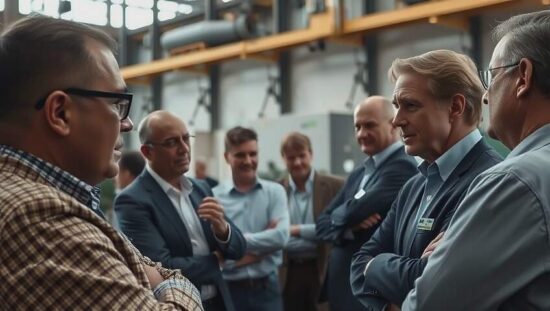The escalating trade tensions between the European Union and China are intensifying, with the Premier of Saarland, Anke Rehlinger, publicly advocating for a significant expansion of EU tariffs on Chinese steel imports. In an interview broadcast Sunday, Rehlinger emphasized the need to protect domestic steel production, arguing that the current market conditions are skewed by “dumping practices” that create an unfair playing field for German manufacturers. She stated that resorting to tariffs is a justifiable measure to ensure a level playing field and allow for viable competition.
Rehlinger’s call aligns with mounting criticism from within Germany’s conservative Christian Democratic Union (CDU), with General Secretary Carsten Linnemann echoing her concerns. Linnemann accused China of a cyclical pattern: initially leveraging artificially low prices to destabilize and ultimately eliminate European competitors, followed by a subsequent price surge. He declared that “this business model will not be supported” suggesting a more assertive stance from the EU regarding punitive tariffs.
The debate arrives at a critical juncture as the German steel industry navigates a challenging transition towards “green steel” production. While acknowledging the pressures facing the sector, Rehlinger firmly opposed any dilution of EU climate targets to provide additional time for adaptation. She argued that such a move would be a short-sighted solution, prioritizing a temporary reprieve over the long-term sustainability of the industry.
Instead, Rehlinger underscored the necessity of strategically investing in critical infrastructure, specifically citing the urgent need to expand hydrogen infrastructure and bolster traditional power plants. This, she contends, is the key to mitigating the industry’s challenges and avoiding the need to compromise on vital climate commitments. The diverging views regarding tariffs and climate policy highlight a widening rift within German political circles and foreshadow potentially significant shifts in the EU’s approach to its trade relationship with China.





